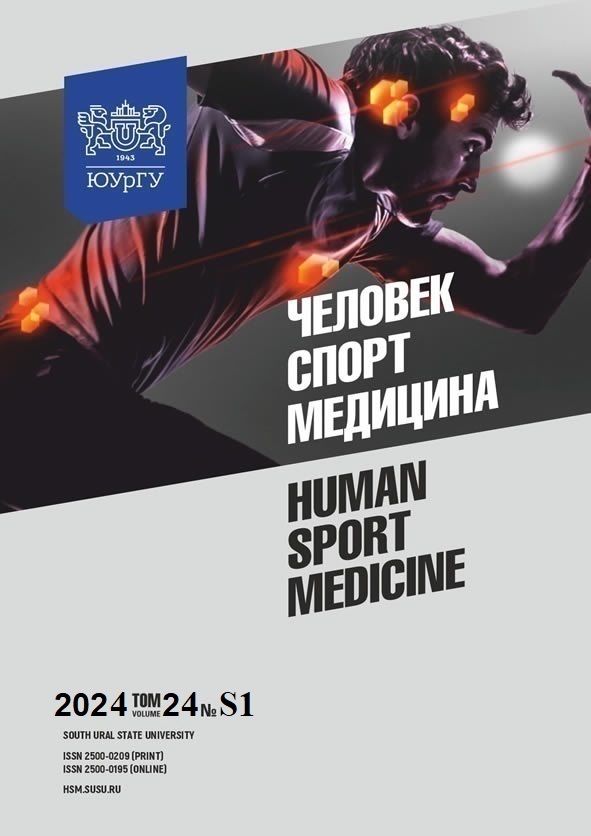ASSESSMENT OF THE “IMPACT RESISTANCE” OF THE SPORTS ECONOMY IN RUSSIAN REGIONS CONFRONTING INTERNATIONAL CONSTRAINTS
Abstract
Aim. This study aims to evaluate the resilience of the Russian sports economy in response to international sanctions, focusing on the dynamics of resource allocation and the operational scale within the regional domain of physical culture and sports. Materials and methods. The investigation employs a systematic analysis of events triggered by sanctions on Russian sports, complemented by a regression analysis of panel data from 74 subjects within the Russian Federation, spanning the years 2005 to 2022. Results. The findings reveal that in 2015, Russian sports encountered significant systemic sanctions, leading to disparate responses in terms of “impact resistance” and different alterations within the regional sports landscape. The regression analysis indicates that sanctions targeting high-performance sports significantly influence mass sports in Russia and the allocation of resources to the sports economy. The response of regional sports economies is contingent upon factors such as population size, real incomes, the density and accessibility of sports facilities. Notably, smaller regions with higher per capita incomes exhibit a closer correlation between high-performance and mass sports, which contributes to their lower resistance in responding to international sanctions. Conclusion. The results obtained contribute to the theoretical framework of sports management and sports economics by elucidating the effects of international sanctions on high-performance sports on the regional mass sports sector. It underscores the importance of evaluating the resistance of the sports economy of the Russian Federation's subjects in developing strategies to bolster sports support, highlighting its practical relevance.
References
References on translit
Copyright (c) 2024 Human. Sport. Medicine

This work is licensed under a Creative Commons Attribution-NonCommercial-NoDerivatives 4.0 International License.















